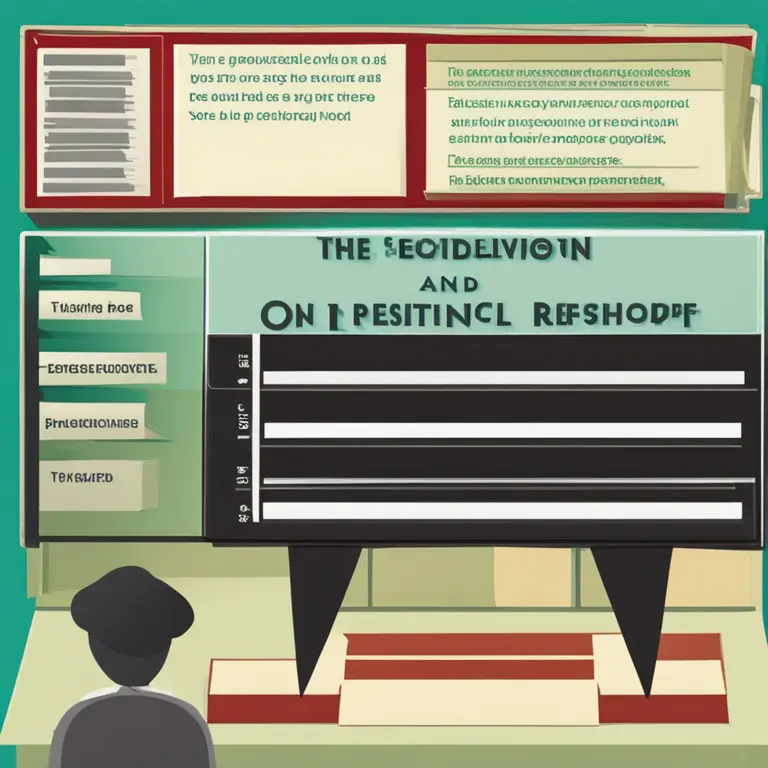
Can Meditation Alleviate Teeth Grinding?
Explore the potential benefits of meditation as a natural remedy for bruxism, the unconscious grinding of teeth during stress or sleep.
article by Hina Kurosawa
Introduction to Bruxism and Meditation
Bruxism, commonly known as teeth grinding, is a condition characterized by the involuntary or habitual grinding and clenching of the teeth, often during sleep. This condition can lead to a range of complications if left unchecked, including tooth damage, jaw disorders, and headaches. With stress being a primary trigger, stress-reduction techniques such as meditation have come to light as potential treatments to mitigate these subconscious reactions. This article delves into the interconnection between mindfulness practice and the reduction of teeth grinding.

The Stress-Bruxism Link
To understand how meditation can be beneficial, it's essential to grasp the relationship between stress and bruxism. Psychological stress and anxiety are closely linked to the onset or worsening of teeth grinding. Many individuals under stress experience heightened muscle tension, leading to involuntary clenching and grinding, particularly at night. Addressing the root cause of stress, therefore, can be a key strategy in alleviating bruxism.

Meditation as a Stress-Reducer
Meditation is a time-honored practice known for its stress-reducing properties. By calming the mind and promoting relaxation, it can potentially reduce the muscle tension associated with teeth grinding. As meditation encourages the body to enter a state of deep rest, it can help counteract the physical manifestations of stress, thereby reducing the occurrence of bruxism.

Research on Meditation and Bruxism
Recent studies have started to shed light on the efficacy of meditation in individuals suffering from bruxism. Although research is ongoing and more extensive studies are needed to establish a concrete link, preliminary findings suggest that patients who engage in regular meditation experience a notable decrease in teeth grinding frequency and intensity.

Integrating Meditation into Daily Life
For those seeking to incorporate meditation into their routine to combat teeth grinding, it's recommended to start with short, guided sessions, gradually increasing the duration as comfort with the practice develops. Consistency is key, as the benefits of meditation are cumulative. Establishing a regular pattern may result in a noticeable reduction in stress-driven habits like bruxism.
Additional Remedies and Practices
While meditation offers a promising avenue for stress management and the alleviation of bruxism, incorporating other complementary practices can enhance overall results. These may include yoga, deep breathing exercises, and even seeking professional support for stress management. Tackling bruxism often requires a holistic approach, with meditation being one piece of the puzzle.
Final Thoughts
Meditation has the potential to serve as a naturally therapeutic option for individuals suffering from teeth grinding. By addressing the underlying stress that contributes to bruxism, meditation not only aids in preventing physical symptoms but also promotes a greater sense of well-being. Prospective users are advised to consult with healthcare professionals for personalized advice and to consider meditation as a complementary practice.
Published: 1/18/2024
Modified: 1/18/2024
More predictions
Come back here soon to learn more about yourself and your future


Meditation's Effect on Blood Pressure
Discover how meditation can contribute to lower blood pressure, offering a serene path to cardiovascular health in this in-depth article.


Meditation Techniques for Better Sleep Explored
Discover effective meditation methods to improve your sleep quality and embrace a more restful night with our guide.